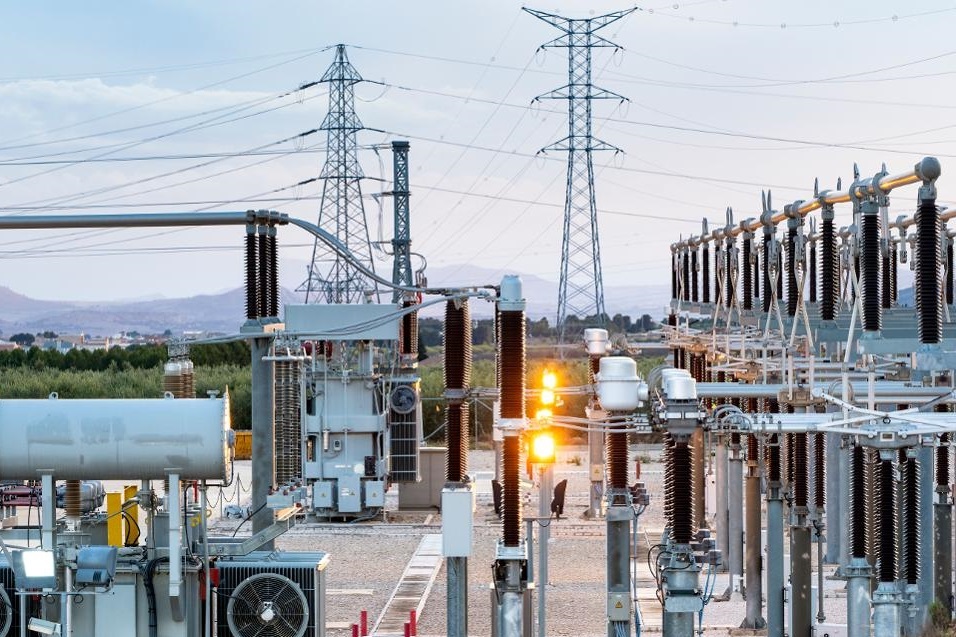
By Lucas Nwachukwu
The failure of the Nigerian Government to provide electricity supply for both domestic and commercial consumption is attributed to the gross inefficiency of the sector and the profit-before-people drive (greed) of the sector’s players. This lackluster performance of the Nigeria power sector meant that some 40% of Nigerians lack access electricity supply. Electricity deficit in Nigeria, has continued to remain a major obstacle to human and socio-economic development of the country with far-reaching negative implications for the macro and micro economic sectors.
Data available from the World Bank Sustainable Energy for All (SE4ALL) database confirms that 85 million Nigerians are without access to electricity supply implying that electric grid reaches only a fraction of the population. This is the largest number in an absolute term in the world ahead of Congo Republic. A dis-aggregation of that figure shows that those seriously affected are the rural and poor populations, people who are mostly too poor to afford the outrageous bills of the electricity distribution companies. This further implies that only 1 in every 10 Nigerians have access to electricity supply thereby establishing that there is a wide deficit gap in electricity supply in Nigeria. This goes to explain why Nigerian businesses lose some $29 billion yearly as a result the collapse of the sector. How then can the economy grow?
Nigeria’s operational capacity has remained stagnant at 4,000MW, far below the 10,000MW projection of 10,000MW in the 2020 Multi Year Tariff Order MYTO. This is a huge gap expected to be bridged when the Federal government embarked on the 2015 Privatizations exercise of the d Electricity Distribution Companies (DISCOS) and Generating Companies (GENCOS) while still retaining 100% ownership of the Transmission Company of Nigeria (TCN). Clearly, the government’s liberalization and privatization of power sector has not yielded the desired result of improving in electricity supply to stimulate economic growth and development. The ineffective and capitalist-driven reforms have only transferred the management of critical sector of the economy -the Nigerian power sector into the hand of the capitalist thereby creating monopolistic situation and cost insensitivity and leading to incessant hikes in electricity tariff witnessed in the past one year of the Buhari-led administration. This ill-thought-out action of the Nigerian Government only negates the intent and purpose of the Electric Power Sector Reform Act (EPSRA) which aimed at bridging the immediate demand-supply gap and reduce the bottlenecks in the delivery system.
The Federal Government should recognize that adequate electricity supply is the backbone of the country’s economy. Increased access to electricity supply is important for poverty reduction and poverty leading to improved employment situation and other socio-economic parameters that will engendered cheered economic prosperity and growth. Electricity is essential for the delivery of services, and the driving of the aggregate economy. Inadequate or a total lack of power supply can compromise capital development, and cripple the base of any economy.
While the country heavily rely on hydro power for its electricity generation, there is need to aggressively explore, alternatives source of power generation to meet energy supply gap in Nigeria. Nigeria has one of the largest reserves of gas in the world but this huge gas deposit is grossly underutilized t despite accounting for 65% of global gas flaring along with US and five other countries. Nigeria’s proven gas reserve is 202 trillion cubic feet, according to Nigerian National Petroleum Corporation (NNPC), but flared almost 8 billion cubic meters of gas annually instead of deploying it to improve power generation. Nigeria alone has the capacity to power the whole of West Africa if the abundant gas reserve is harnessed rather than flaring it and destroying the environment as currently witnessed in the Niger-Delta. The federal government should implement the Nigeria Gas Flare Commercialization Programme (NGFCP) to check oil exploration unscrupulous practices, prevent environmental degradation and avert such alarming waste. This will enable maximum utilization of gas supply for power generation and to the benefit the citizens and the economy at large.
Electricity theft, unreliable power supply and lack of payment discipline are some of the major challenges confronting the sector. It was reported in 2020 that Nigerians owe N273.42bn electricity debt. It was also gathered that for every N10 worth of electricity generated, N2.60 is lost in poor distribution through power theft and another N3.40 not paid for. Some 6 in 10 consumers are not metered, hence, electricity bills are not transparent. This implies revenue shortfall for Electricity Distribution Companies (DISCOS) and this shortfall may lead to the poor service delivery the power sector. Nigerian households should be metered to check the undue exploitation by power distribution companies as this will also helped address their revenue short fall issues. The federal government should embark on a national metering scheme and massive revamping of the power sector by re-nationalizing the privatized discos and genco and reposition them for efficiency and inclusive service delivery for the Nigerian masses.
It is obvious that rather than Nigerians benefiting from the privatization exercise in term of improved service delivery, it has become a source of flagrant exploitation of consumer using the estimated billing schemes. The incessant tariff increase issues must be addressed holistically with concrete measure to ameliorate the sufferings of Nigerians. The President Muhammadu Buhari led government needs to wake up from its slumber and show real commitment and strong will to improve the generation, transmission and distribution of electricity. Therefore, if the economy must grow and power supply projections achieved, the right strategic frameworks and skilled manpower should be engaged to revamp the sector. The reform process must be holistic to resolve policy lacunae, regulatory failures, and institute effective service delivery as a tenet of good governance. In the words of Dr. Akinwumi Adesina, the President of African Development Bank “Nigeria is tired of being in the dark,” Nigerians are groaning, burdened down with unprecedented level of inflation and effect of unemployment, there is therefore the need to make life livable for the masses.
